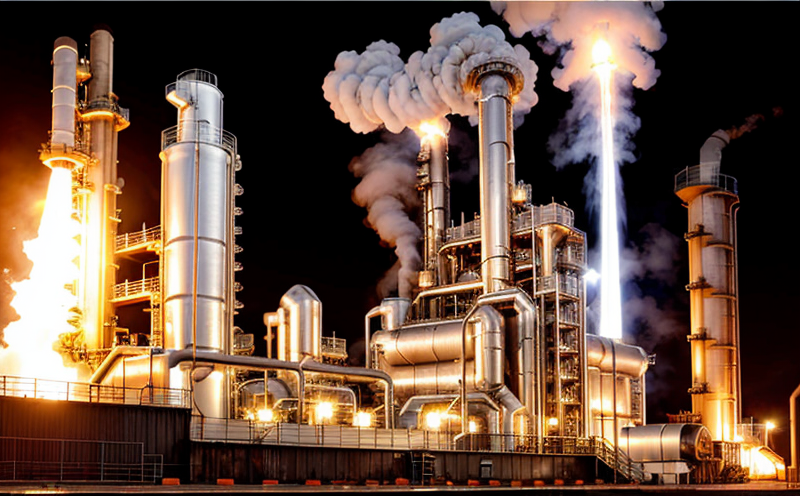ISO 17782 Nickel Alloys Refining Process Control Testing
The ISO 17782 standard provides a comprehensive framework for refining nickel alloys, ensuring that the final product meets stringent quality and performance requirements. This service is critical in industries where high-strength, corrosion-resistant materials are paramount, such as aerospace, oil & gas, and medical devices.
Refining processes are designed to remove impurities and contaminants from nickel-based alloys, thereby enhancing their mechanical properties and resistance to various environmental conditions. The testing outlined in ISO 17782 helps manufacturers ensure that these processes are effective and consistent across batches of material.
The testing protocols involve multiple steps including sample preparation, chemical analysis, thermal treatment verification, and mechanical property evaluation. Each step is meticulously designed to capture the nuances of nickel alloy refining, making this a robust service for quality control.
Chemical analysis plays a crucial role in identifying impurities such as sulfur, carbon, and oxygen that can degrade the performance of nickel alloys. These elements are often removed through controlled thermal processes like vacuum annealing or carburizing treatments. The testing ensures these processes are optimized to achieve desired alloy compositions.
Thermal treatment is another key aspect of refining nickel alloys. This includes heat treatments aimed at stress relief, grain refinement, and precipitation hardening. Accurate measurement of heating rates, holding times, and cooling schedules is essential for achieving the specified microstructure and mechanical properties defined in ISO 17782.
The standard also emphasizes the importance of mechanical testing to assess the physical attributes of refined nickel alloys. Hardness tests can reveal changes in hardness due to heat treatment or alloying elements, while tensile strength and yield strength measurements provide insights into material integrity and durability under stress. These tests are critical for ensuring that the final product meets the stringent requirements set by industry standards.
By adhering strictly to ISO 17782 guidelines, our laboratory ensures consistent quality across all nickel alloy refinement processes. This service is invaluable for manufacturers who must comply with international regulations and deliver products of exceptional quality.
The process begins with the careful selection of samples that represent the batch being tested. Samples are then prepared according to specified procedures, ensuring they accurately reflect the characteristics of the entire batch. Following preparation, chemical analysis is conducted using advanced spectrometric techniques to measure trace elements and impurities. This data provides a baseline for assessing the effectiveness of refining processes.
Thermal treatment verification involves monitoring temperature profiles throughout the heating and cooling cycles. Advanced thermocouples and data loggers ensure precise measurements, which are crucial for confirming that treatments meet specified conditions. Mechanical property evaluation follows these steps using hardness testers and tensile testing machines to quantify changes in material properties.
The final step is comprehensive reporting that details all test results and comparisons against ISO 17782 acceptance criteria. This documentation serves as a critical tool for quality assurance, enabling manufacturers to make informed decisions about process adjustments or improvements.
This service not only ensures compliance with international standards but also contributes significantly to the overall reliability and performance of nickel alloys used in demanding applications.
Frequently Asked Questions
- Chemical analysis identifies impurities like sulfur, carbon, and oxygen
- Thermal treatment verification ensures correct heating rates and cooling schedules
- Mechanical property evaluation assesses hardness, tensile strength, and yield strength
- Reporting compares test results against ISO 17782 acceptance criteria





